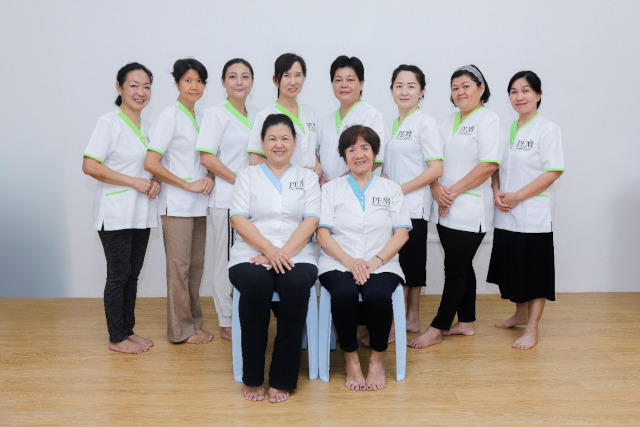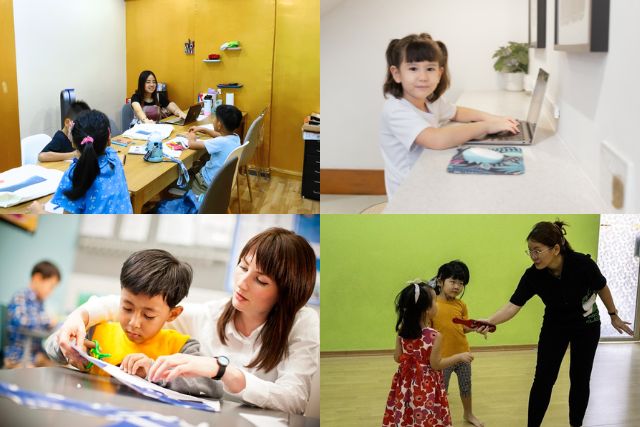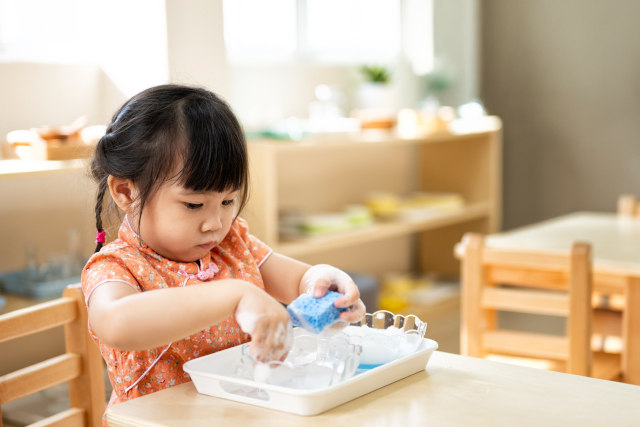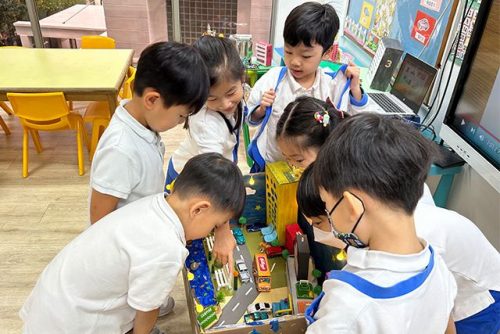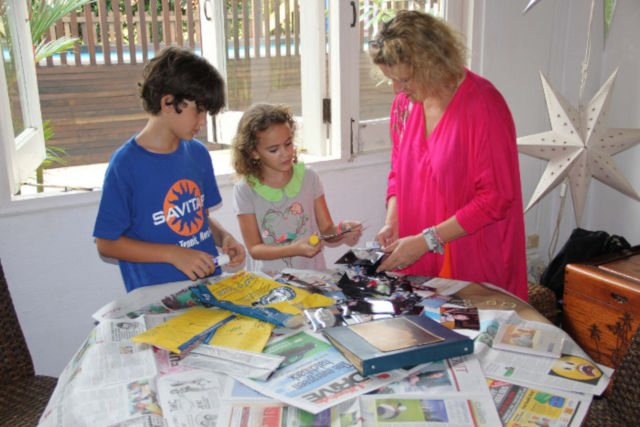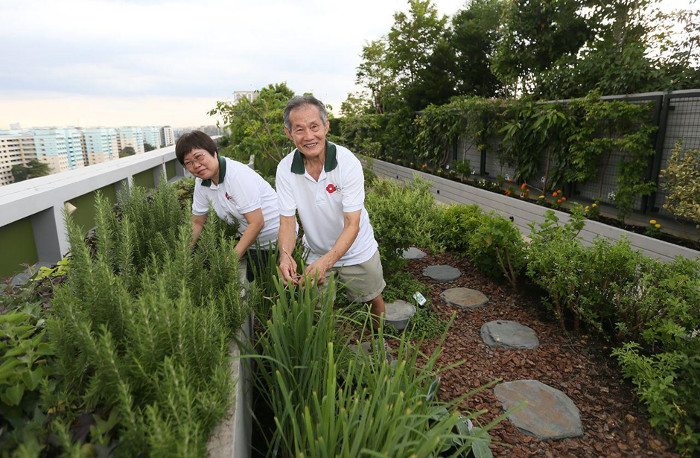Planning to ask your parents to help you care for your child? Giving your children the opportunity to be close to their grandparents can be very rewarding for both parties.
However, childcare services are also more accessible today, and the elderly in Singapore also have more lifestyle options.
If grandparents care is the arrangement your family decides, what do you need to look out for? What are the pros and cons?
We highlight a few considerations to note – from the financial aspects of grandparent care to the practical and emotional aspects of it.
Benefits of Grandparent Care for your child
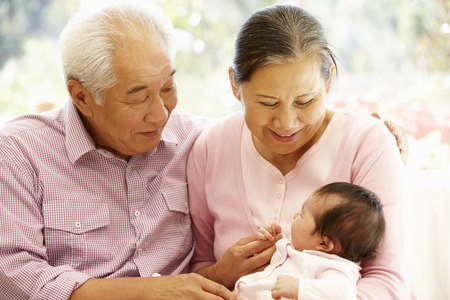
1. It creates a natural setting for grandparents to bond with their grandchildren, giving both a precious relationship in their lives.
2. It gives grandparents a sense of purpose and meaning as they feel appreciated and responsible for someone who is important.
3. It gives you peace of mind as you know that it is a family who is taking care of your child, one who will not harm nor ill-treat your child.
4. It is often more cost-saving, as your parents may just need an allowance to cover the expenses of caring for your child, as opposed to a salary or fee for an external caregiver.
5. It is more flexible, as you can work out the hours and a simple phone call will do to inform you that you may have to pick up later than usual.
Potential Pitfalls of Grandparents Care
The pitfalls of grandparents’ care can be different for different childcare arrangements. It’s best to be mindful of the following:
1. Communication
Sharing about your childcare expectations has to be handled with care because they are family and may take it personally. Grandparents often agree to be caregivers out of love and a desire to help out or a sense of duty.
2. Grandparents may want to pursue other things in life
Grandparents may not think that caring for their grandchildren is the default lifestyle for them at old age. They may not want to shoulder so much responsibility and might desire to lead a more carefree lifestyle or may even want to pursue their own passion or part-time income.
3. Health and Stamina
Grandparents may have their own health issues, such as knee pain or lack of energy that can make taking care of young children very strenuous.
4. Feeling Undervalued
Grandparents may feel undervalued, especially if they have a preconceived idea of how much allowance they should be given, the number of childcare hours or how you or your spouse ought to speak with them.
For instance, they may feel that you have to be a lot more respectful or take up their parenting suggestions because they spend a lot more time with your child.
5. Environment
Grandparents’ homes may not be set up for young children and as such, you will have to work out how to childproof their homes.
➡️ Related Read: How to Deal With Grandparents Who Spoil Kids
Possible Arrangements for Grandparents
There are many possible ways to include your parents in the care of your children, and it is important to keep an open mind.
It does not have to be similar to what your peers are doing. Even if the outcome or plan is not what you originally envisioned, that’s okay too. There is no one fixed way to go about it. Find one that works well for both your parents and your family.
Don’t be in a rush to seek and implement that ‘perfect’ plan or arrangement. It may take time and many changes beforehand.
The two big things to always bear in mind are this: Looking out for each other’s needs, and loving communication. You can then be creative in coming up with an arrangement that works.
Living Together with Grandparents

If you are already living with your parents, the benefit is that it is convenient for them to care for your child without the hassle of travelling. Without travelling to and from each other’s homes, grandparents can save time and their energy. You may also feel that it is safer for both your parents and your children.
The downside to living under the same roof is, friction may be difficult to resolve. Staying together makes it seem like there is no room (literally, if the home is small!) to let off steam.
Madam Lynn Tan, who moved in to live with her parents (with her husband and her only child), identified with the above scenario.
“The biggest benefit is convenience and also knowing that both my parents and my child are well, as we are living under one roof. However, conflicts over parenting styles and how to discipline the child have to be handled very carefully,”
“Unlike in a situation where you can go back to your own home and start afresh the next day, sometimes living together may mean that you do not have the physical setting that allows you to hit that reset button,” shares Mdm Tan.
➡️ Related Read: Deciding Between Childcare Centre, Parent’s Or In-Law’s Care
What To Consider If You Are Living With Your Parents
- Consider the time-off that your parents may need
It can be very physically and mentally draining as it may feel like it is 24/7 work.
- Make the effort to work out an arrangement where your parents can have their allocated free hours.
Depending on their lifestyle and preference, it can be sending your child to half-day childcare, to enrichment class or play-date once or twice a week. Or you or your spouse taking a few days off per month to take over childcare.
- Find time to have honest conversations about each other’s expectations.
These conversations are not just about your parents caring for your child, but also for other arrangements like meals, household chores, monetary contributions to household expenses, utility bills or even planned holiday breaks.
Living Apart From Grandparents

If you are not living with your parents, you have more work to do in terms of working out the timing, the travel logistics and in many ways, the arrangement has to be defined in more clarity from the onset.
This may end up being positive as more clarity upfront will likely reduce miscommunications later on.
I have the fortune of living very close to my parents yet in different homes. This gives our families the convenience from the proximity and the emotional space of living apart.
More thoughts have to be given to the childcare arrangement such as:
- Consider drop-off and pick-up hours and how much flexibility can be tolerated
For instance, either my spouse or I would aim to pick-up our child by seven in the evening and not wait for each other to finish work.
- Keep to the pre-arranged pick up time as far as possible
This takes precedence over our couple (dinner) time or work that can be completed the following day. We are also very mindful of not picking up late more than once or twice per week.
- Make the travel logistics as easy for the grandparents as possible
This may mean higher costs for the school bus, even if it is within a few bus-stops as we recognise that walking even that short distance can be tiring for the elderly or dangerous especially on a rainy day.
- The health and energy of the grandparents
For instance, my child has always attended full-day childcare because my parents are near or in their eighties.
- Be realistic about childcare expectations
There are bound to be differences because the child spends time at the three different settings – childcare, home and grandparents’ home. If you are expecting more than a safe and loving place where your child can rest and have a meal before the pick-up time, you should first realistically consider if what you expect is practicable for the grandparents.
If money is not an issue, the main consideration is that a childcare arrangement should be one that not only takes care of your child but also the grandparents.
There have to be communications that allow for both sides to voice out their needs and preferences.
Think outside the box on what can be done to make the childcare arrangement work well, and for this period to be a treasured and precious part of everyone’s lives.
By Marcie Mei.
* * * * *
What sort of arrangement do you have for your child/children? Write in the comments below!
Want to be heard 👂 and seen 👀 by over 100,000 parents in Singapore? We can help! Leave your contact here and we’ll be in touch.







